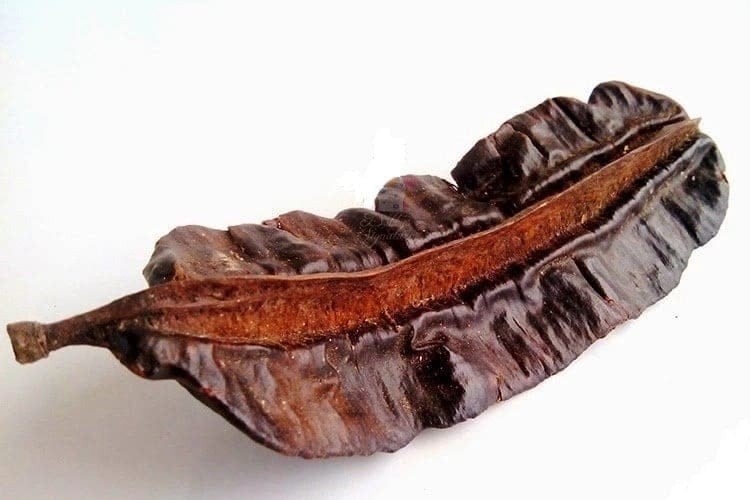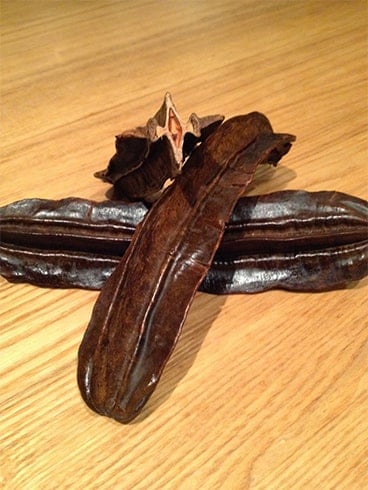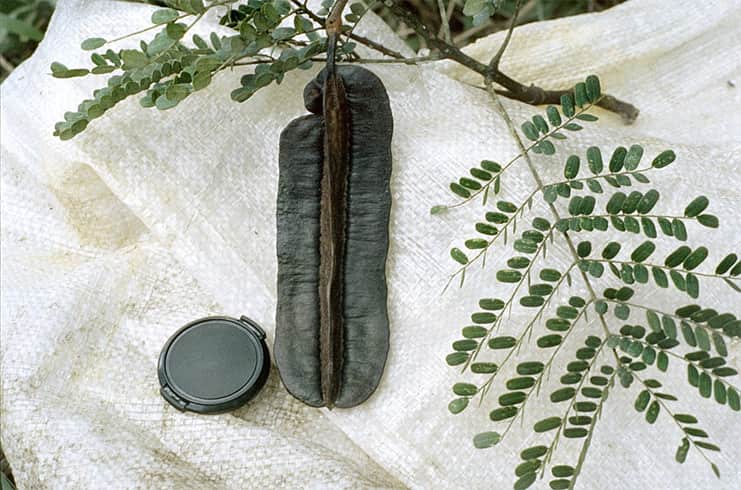[ad_1]
Prekese or tetrapleura tetraplera is a species of the pea family and is native to West Tropical Africa. The fruits of the plant have a strong aromatic smell with insect repellant properties. This medicinal plant belongs to Nigeria and African countries. Several diseases can be treated with the use of prekese such as inflammation, leprosy, rheumatoid arthritis, convulsions, etc.

The plant also contains antioxidants, anti-inflammatory properties, vitamins, minerals, and phytochemicals. Its bark, fruits, and leaves are also packed with medicinal agents.
Nutritional Facts of Prekese
Aridan is highly nutritious as it is packed with essential phytochemicals and nutrients that are essential for our body. It is also rich in iron, potassium, calcium, zinc, phosphorus, flavonoids, tannins, steroids, and phenolic compounds.
Prekese also has about 234.42-379.48 g/cal of food energy, 7.44%-17.50% of crude protein, and 4.98%-20.36% of crude lipid.
Other Local Names of Prekese
Prekese is originally from West Africa. Hence the tribes and various countries around Africa have different names of the plant. For instance, Nigerians in Igbo refer to it as oshosho or osakirisa, while Nigerians in Yoruba refer to it as aidan and ubukirihu.
In Twi, Ghana prekese is referred to as prɛkɛsɛ.
The English name for the plant is Aidan fruit.
List of 18 Health Benefits of Prekese Worth Knowing
Now let us take a look at the immense health benefits of prekese:
1. Control Diabetes:
According to a study conducted on rats, Tetrapleura tetraptera is beneficial for treating Type 2 diabetes mellitus. The fruit extract of prekese is said to lower glucose levels during fasting and non-fasting hours.
2. Acts As Mosquito Repellant:
The plant has a strong fragrance and is, therefore, acts as a mosquito repellant. The properties present in prekese are attributed to the essential oils present.
3. Postpartum Care:
The plant pod is used as a soup additive and is best served to postpartum mothers to prevent contractions. The pods are said to be packed with calcium, iron, and potassium. These three components are said to be important for postpartum women. The prekese soup is said to produce milk in feeding mothers and restore lost blood.
4. Fever:
Prekese is a great remedy when one is suffering from a cold. The best way to use the plant is to soak it in warm water. Bathe using the infused water. This is said to greatly relieve fever and body temperature. You can also try this remedy when suffering from enema, constipation, and emetic.
5. Wound Healing Properties:
The wet extract of the plant has wound-healing agents. According to a study done at Uyo University, the low concentration (200 mg /ml) is more effective than the higher concentration (200 mg/ml). So it is recommendable to use the lower concentration of the plant to heal wounds.
6. Has Antibacterial Properties:
The plant contains antibacterial and microbial agents. Because of these properties, the extract of the plant is used for making soap. The soap can be used to heal skin diseases, inflammation, and bacterial infection.
Apart from that, prekese can also add foam, fragrance, and harden the soap.
7. Contraceptive Properties:
The stem and bark of the prekese plant contain saponin and ethanol extract. These properties release a luteinizing hormone which is said to serve as contraceptives.
8. Treats Leprosy:
According to a study, the aridan plant is also used in leprosy treatment. The disease greatly affects the skin, mucous membranes, and nerves which leads to lumps and skin blemishes. The more serious leprosy cases can also cause mutilation and abnormalities.
9. Management Of Convulsion:
The stem, fruit, and leaves of the prekese are used for creating herbal concoctions in folk medicine. This can help to manage convulsion. Studies reveal that the plant aqueous extract leads to anticonvulsant activities and affects the central nervous system.
10. Anti-inflammatory Properties:
The plant extracts have anti-inflammatory agents and create an impact on several human pathogens. This can lead to lowering body inflammation, arthritis, and rheumatoid pain.

11. Culinary Purposes:
The dried Taub plant has an aromatic fragrance and is often used as a spice for adding flavor to several dishes like white soup, meat pepper soup, kernel soup, and fish pepper soup. This spice can be either crushed or broken into small portions while cooking.
12. Treats Cardiovascular System:
Prekese is beneficial for the cardiovascular system because of its addition of essential phytochemicals. It can also be used for treating heart-related diseases.
13. Contain Molluscicidal Properties:
According to studies, the aqueous extracts of the leaves, stalk, stem, roots, and bark of the plant have molluscicidal agents. This reveals why it serves as a pesticide for treating pests. Prekese is mostly used for gardening and planting flowers to get rid of gastropod pests like slugs and snails.
14. Dermatological Care:
The prekese fruit can be dried in direct sunlight and blended into a fine powder. This extract is then used as an ingredient in soaps. It serves as a dermatological care product because of the presence of antibacterial and antimicrobial agents. The dried powdered extract can be used with other ingredients like palm kernel oil and shea butter for external use. You may look for these ingredients while looking for soaps.
15. Hypertension:
The stem and bark of the plant can be used for the treatment of hypertension. Studies reveal that the plant is helpful for healing high blood pressure and check oxidation levels of hypertension patients.
[sc:mediad]
16. Supports Immune System:
The plant is a rich source of vitamins, iron, calcium, potassium, zinc, and magnesium. It helps in strengthening the immune system.
The presence of iron in the plant help in regeneration lost blood, zinc provides protections against the virus that leads to respiratory tract infections, while potassium and calcium help in managing, preventing, and controlling muscle disorders and bone strengthening.
17. Treatment of Gastrointestinal Diseases:
The plant can be used for the treatment of gastrointestinal disorders like diarrhea, vomiting, and stomach pain due to its presence of phytochemicals.
18. Has Antibacterial Properties:
Studies suggest that the water extracts and alcohol presence of the plant can lead to staphylococcus aureus. The presence of tannins and glycosides in prekese can also help in preventing bacterial growth.

How to Prepare Aridan or Prekese:
The prekese pods can be crushed and broken into small pieces to add as food flavoring. In addition, the plant can be added to food during cooking and scooped out before serving. It is essential to add this spice to the food so that it infuses well and provides an aromatic fragrance.
In herbal medicines the aridan stem, root, leaves, bark, and pods can be mixed, boiled, squeezed, soaked, crushed, extracted, and made into concoctions.
Now that we’ve covered prekese health benefits and discussed how great this superfood can be for everyone. We’d love to know your opinion? Would you mind adding it to your diet? Or is it part of your daily diet?
Talk to us in the comment box below. Or you can share this article to your loved ones to also let them know the incredible wonders of prekese.
Disclaimer:
This post is for referential purposes only and should not be treated as professional treatment or diagnosis. Always consult a doctor before making any health-related decisions. They will guide and provide the right treatment.
[ad_2]
Source link





